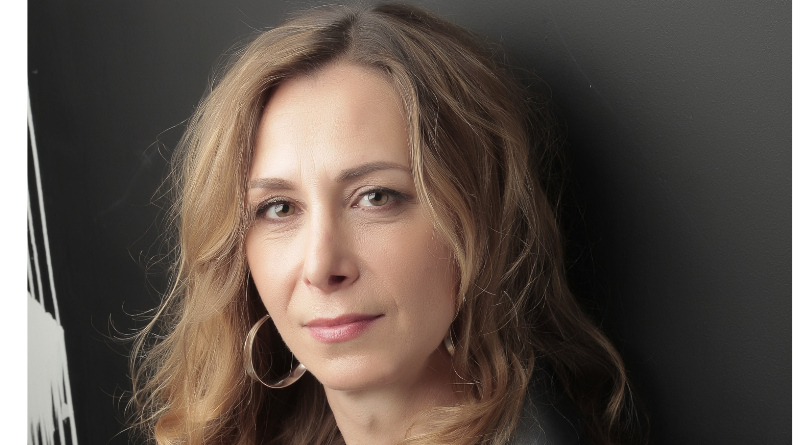50over50 is a series of interviews, with our most influential and inspiring industry leaders aged 50 and over.
Karen Carter is MD of creative agency Article Ten and Chairwoman of The International Advertising Association (IAA), the globally-focused integrated advertising trade association. Carter has chaired the IAA UK Chapter since 2017, prior to which she served as both president of the UK Chapter and global vice president, young professionals.
What is the biggest mistake companies are making in their attitude to age today?
They don’t always recognise the benefit of experience.
The number of times I’ve had businesses (particularly start-up/scale-ups) say to me “we need some adult supervision” has been interesting.
Diversity is more than colour, gender or religion — it’s how you think, where you’ve been and what you’ve done and for how long you’ve done it, and that is critical to business success.
What one thing are you proudest of in your career?
My first job after university. A grip is the lowest rung on a TV production crew, and I was the first female grip in the great city of Columbus, Ohio.
What followed has been a career of breaking the notions of who or what women should be in business. It paved the way for me to work hard, ask for what I want and get where I want to be.
What creative heights are you now capable of that you wouldn’t have been able to achieve at the early or mid-point of your career?
Big picture problem solving. Now, I can scale huge, broad challenges that would have intimidated my yesteryear self, and find solutions that impact the business as a whole, not just one piece of it.
This came with experience and getting out of my head. Oh, and not giving a damn (thank you Cindy Gallop).
What gives you the most satisfaction in your role today?
Applying learnings from every mistake I’ve ever made, and every success I’ve had in my career and life.
Also, working through challenges and nailing goals — that never gets tired.
What is the biggest lesson you have learned in your career?
Interview for soft skills.
It’s easy to find someone who can do the task, it’s finding the people who have empathy, self-awareness, a drive for results and can deal with ambiguity that can make or break your team.
What advice would you give your 25-year old self?
Learn the role you play when you’re in the room. And shut up.
What are you most excited about in your industry over the next 10 years?
Small, independent agencies are ‘cool’ (again). There is a nimbleness and agility that these companies have.
They often have a more diverse workforce, and a structure that brands are realising can add a point of difference, create stronger, more creative ideas and reach customers in an original way.
What is your biggest regret about the industry today?
That for all the strides being made to create parity and bring more diversity to boards and leadership in our industry, we still have a very long way to go.









